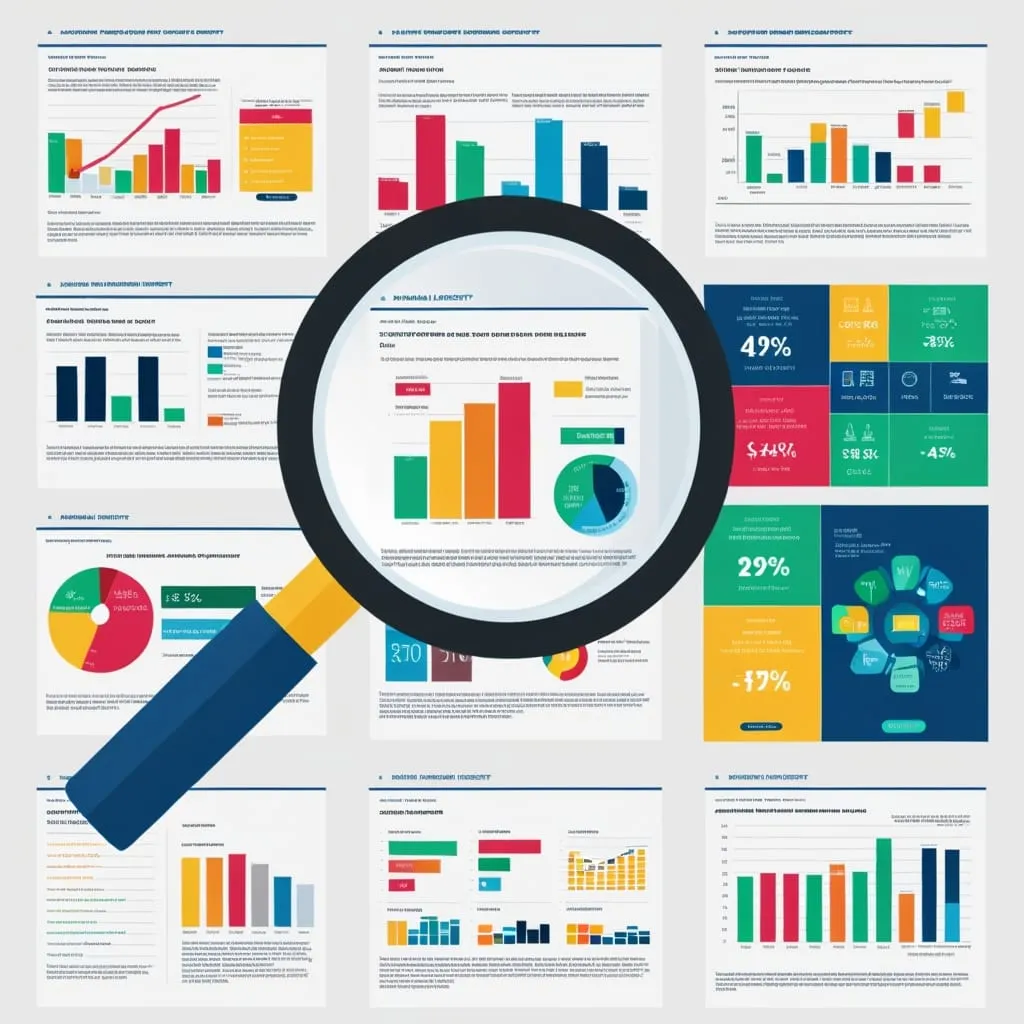In the era of algorithms and machine learning, the traditional art of value investing is facing a significant transformation. As an investor, I often find myself pondering whether the classic methods of value investing, honed by legends like Benjamin Graham and Warren Buffett, can still stand tall in a world where machines can process terabytes of data in seconds.
Value investing, at its core, is about buying a business for less than its intrinsic value, with the hope that the market will eventually recognize its true worth. This approach has been a cornerstone of investment strategies for decades, but it is now being challenged by the rapid advancement of technology.
The Rise of Machine Learning
Machine learning has revolutionized the way we analyze financial data. Firms like Euclidean Technologies are using deep neural networks to identify fundamentally sound stocks and avoid value traps. These algorithms can process vast amounts of financial statements, identify complex relationships, and predict future performance with a level of precision that human analysts can only dream of. For instance, by feeding machine learning models with fundamental data and historical performance metrics, these systems can learn to predict whether a company will outperform the market in the subsequent year.
However, this does not mean that human judgment is obsolete. In fact, the integration of machine learning highlights the importance of human intuition and emotional discipline. While machines can crunch numbers, they lack the ability to understand the nuances of human behavior and the broader economic context.
The Human Touch
Value investing is not just about numbers; it's about understanding the story behind the financial statements. It's about recognizing when Mr. Market, as Benjamin Graham termed it, is being overly optimistic or pessimistic. This requires a level of emotional discipline and critical analysis that machines cannot replicate.
For example, during periods of market frenzy, such as the recent growth regime that started in 2007, value investing has faced significant challenges. The Russell 1000 Value index underperformed the Russell 1000 Growth index by a staggering cumulative -136% over twelve and a half years. Yet, this underperformance is not a sign of the demise of value investing but rather a phase in the cyclical nature of markets. Historical research shows that value investing has consistently outperformed growth stocks over the long term, despite periodic setbacks.
Blending Logic with Human Nature
The key to thriving in this data-driven world is finding a balance between algorithmic efficiency and human insight. Quantitative value investing, as practiced by firms like Alpha Architect, involves using automated processes to screen for the cheapest, highest-quality stocks. However, this systematic approach is not a replacement for human judgment but rather a tool to enhance it. By acknowledging our own fallibility and using machines to minimize cognitive biases, we can make more informed investment decisions.
Navigating the Information Overload
In an age where information is abundant, the challenge is not just about having data but about knowing what to do with it. The sheer volume of data can lead to confusion and analysis paralysis. Here, human judgment plays a crucial role in filtering out noise and focusing on what truly matters.
For instance, while algorithms can identify complex relationships in financial data, they might overlook qualitative factors such as management quality, industry trends, and macroeconomic conditions. These are the nuances that a human investor can pick up on, often through a combination of experience, intuition, and thorough research.
The Sixth Sense in Investing
Having a sixth sense in investing is about developing a deep understanding of the market and its dynamics. It's about being able to read between the lines of financial statements and market data. This sixth sense is not something that can be programmed into a machine; it comes from years of experience, continuous learning, and a keen observation of market behaviors.
Warren Buffett, for example, has often spoken about the importance of patience and long-term thinking in value investing. His ability to see beyond short-term market fluctuations and focus on the intrinsic value of a business is a prime example of this sixth sense. In a world dominated by high-frequency trading and algorithmic strategies, Buffett's approach stands out as a testament to the enduring power of human judgment.
Finding Harmony in Diversity
The future of value investing lies in the harmonious blend of old-school wisdom and cutting-edge technology. It's about using machines to do what they do best—processing vast amounts of data quickly and accurately—and humans to do what they do best—making intuitive decisions based on a deep understanding of the market.
This blend is not just about coexistence but about synergy. By leveraging the strengths of both humans and machines, investors can make more informed, thoughtful, and profitable investment decisions. It's a marriage of logic and human nature, where the cold efficiency of algorithms is tempered by the warmth of human insight.
In conclusion, value investing in the age of algorithms is not about choosing between humans and machines; it's about finding that sweet spot where both complement each other. As an investor, I believe that by embracing this harmony, we can navigate the complexities of the modern financial landscape with greater confidence and success. The art of value investing is evolving, but its core principles remain as relevant as ever—a testament to the timeless wisdom of combining logic with human nature to achieve profitable and thoughtful investments.






